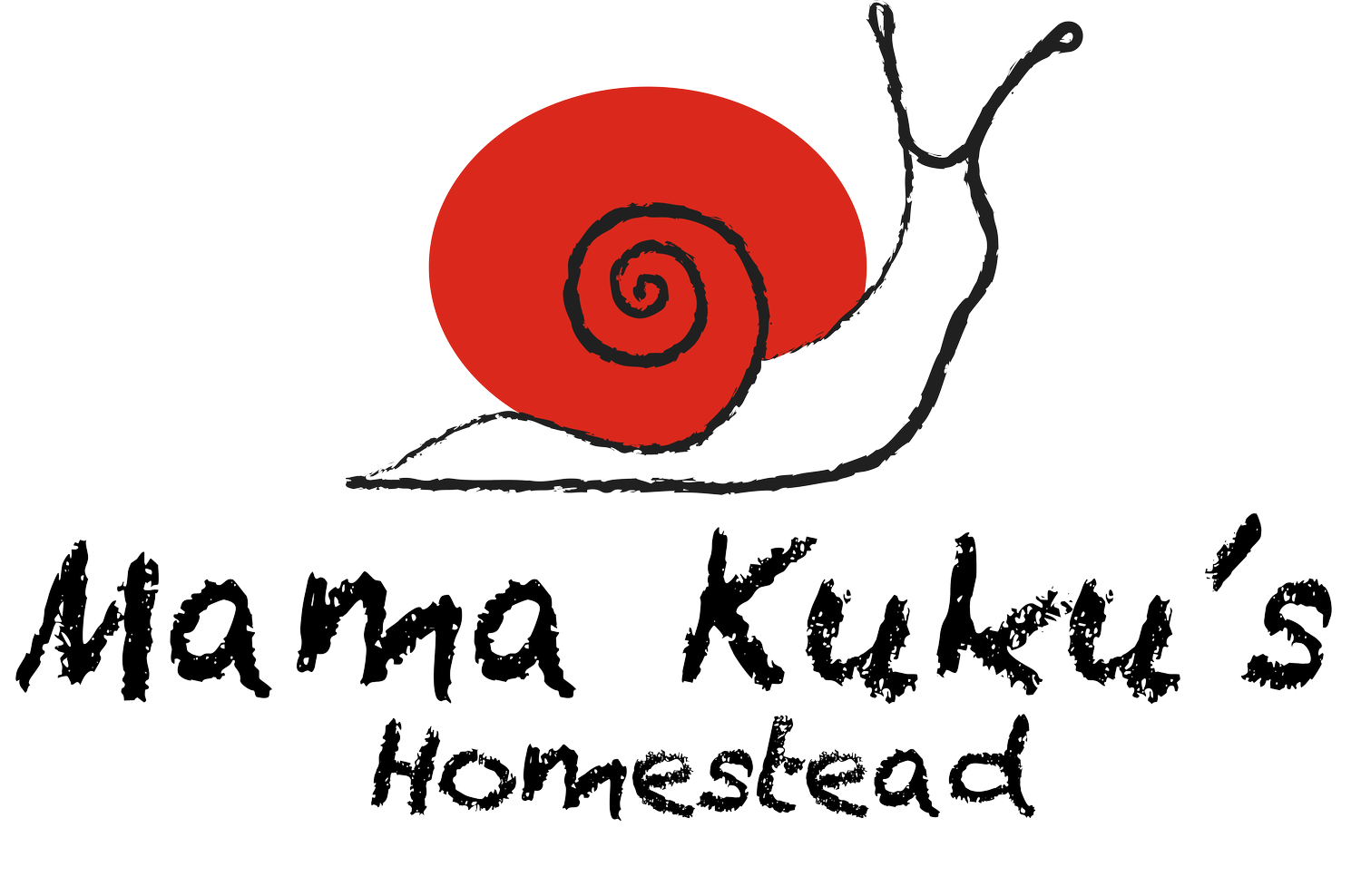🌱Composting collapse into capacity
I don’t romanticize change. It’s disruptive by design. In practice, it’s slow, nonlinear, and rarely clean. But when you start to think in systems, you stop expecting it to be anything else!
You start preparing for pattern.
At Mama Kuku’s Homestead, we’re not chasing breakthroughs. We’re building feedback loops. Not trying to impress the future, just trying to be in conversation with it.
We’re designing for continuity—testing the edges of what becomes possible when ancestral memory meets ecological infrastructure and actually gets to stay a while. This work didn’t fall out of the sky. It’s not branding. It’s not panic. It’s the slow accumulation of decades of pattern recognition. Long-range thinking. Structural imagination.
And here’s the kicker: the cycles that brought us here?
The collapse of local economies, the erosion of land stewardship, the loneliness industrialism insists we normalize?
That wasn’t an accident. That was a feature. It’s working exactly as designed.
Which, weirdly, helps. Because now we can stop wasting time trying to "fix" the machine and start composting it. Feeding the next one.
And just to be clear: that “next one”? It doesn’t have to live in some speculative fiction thinkpiece about 2090. We’ve already seen it.
We’ve felt what happens when care, labor, and land are in rhythm. When young people inherit tools, not just debt and diagnosis codes. When food becomes memory, not just markup. When community is treated as infrastructure, not some bonus round for the spiritually inclined.
That’s not utopia. That’s what strategy looks like when it's rooted in trust and not extraction.
So no, we’re not here to “empower” anyone. If one more institution tries to hand us our own power like it’s a free tote bag...
Power is already present in our lineages, our microbes, our meals. What’s needed is space; held intentionally, so that power can reconfigure itself. Reclaim tempo. Build adaptive capacity.
If you’re also asking deeper questions about how to live through collapse without becoming it, you’re not alone. Not because I have the answers, but because I’ve committed to staying with the questions. Not out of confusion; but out of design.
This isn’t about going back to the land. It’s about going forward with it. Thoughtfully. Collectively. And with enough imagination to outlast the systems trying to outrun you.
Want to keep up with our progress?

